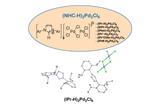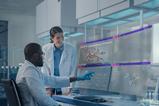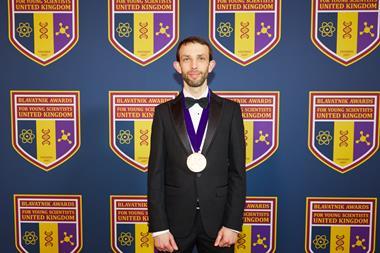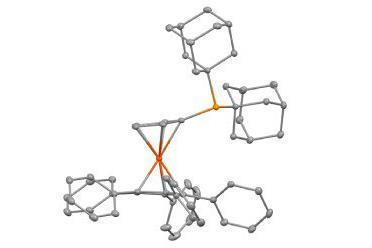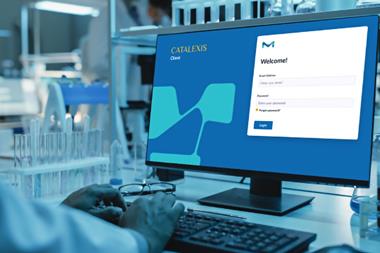Learn about state-of-the-art synthesis coming from one of the world’s leading catalysis research groups
Click the button below to register
and view a recording of the webinar
The field of organic synthesis is ever-growing, but hampered by the use of non-earth abundant, toxic and expensive metal catalysts. To counter this, there has been an increasing focus on transition metal catalysis. Bismuth is low in cost, but high in activity and selectivity, making it particularly appealing in organic synthesis for polymerisation and fine chemicals. Its environmental compatibility also allows for applications in CO2 reduction and pollutant degradation, contributing to a more sustainable future for organic chemistry.
This webinar details leading organic synthesis research coming from the lab of Dr Josep Cornellà. His group is using catalysts from the less-explored parts of the periodic table for useful chemical transformations without the need for more commonly utilised precious metals.
By watching this webinar recording, you will gain:
- Expert insights: attain exclusive knowledge from a leading authority in bismuth catalysis and its innovative applications
- An understanding of practical applications: discover actionable strategies for implementing bismuth catalysis in your own research and industrial processes
- Interactive learning: engage in a live Q&A session to clarify concepts and enhance your understanding of cutting-edge synthesis techniques
This recorded webinar – broadcast on 16 October 2025 – will be of interest to all synthetic chemists in both industry and academia. Watch to gain exclusive insight into research coming from one of the world’s leading research institutions.
Josep Cornellà
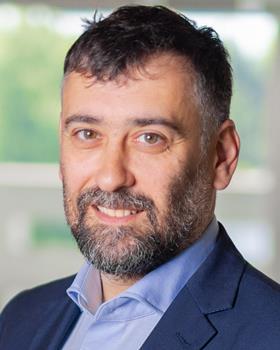
Click the button below to register
and view a recording of the webinar




